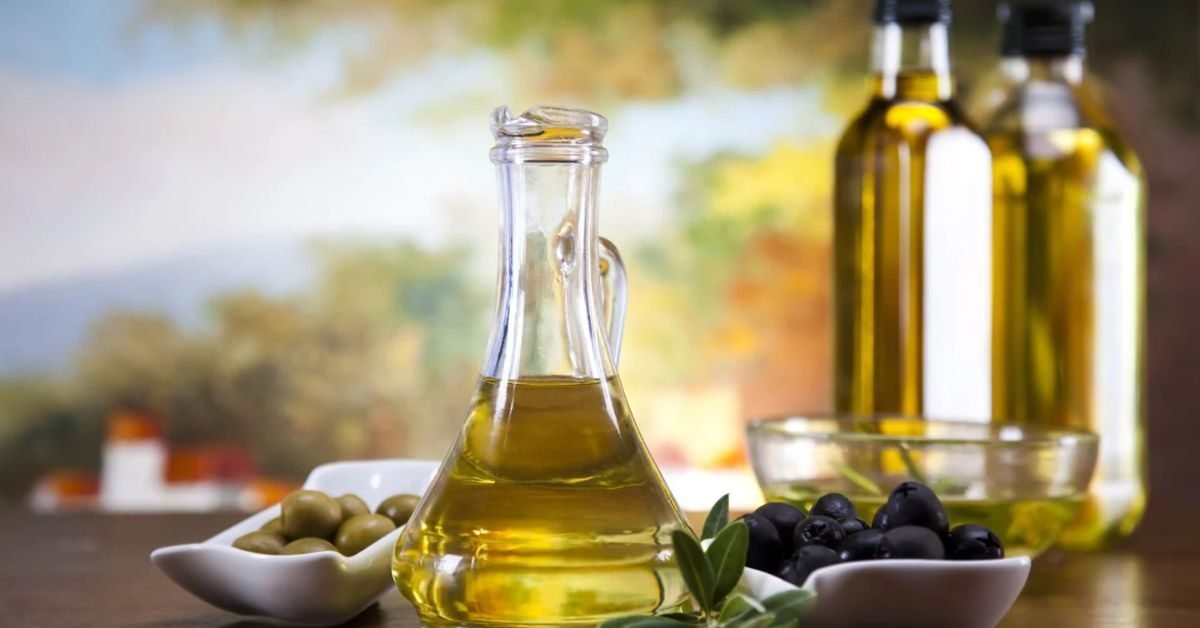All About Olive Oil For Hair Care
- by Sneh Singh
- Published: March 11, 2023 5:22 am
- Last Updated: 7 months ago on March 11, 2023

Sneh Singh
Sneh Singh is a content writer with a passion for both reading books and writing about health and lifestyle-based information. He has a deep understanding of the latest health trends and he is knowledgeable about a variety of lifestyle topics. He uses this knowledge to craft engaging and informative content that provides real value to the readers. His style is approachable and he strives to make complex health and wellness information accessible to everyone. For more info, you can visit his linkedIn profile.
Comments



